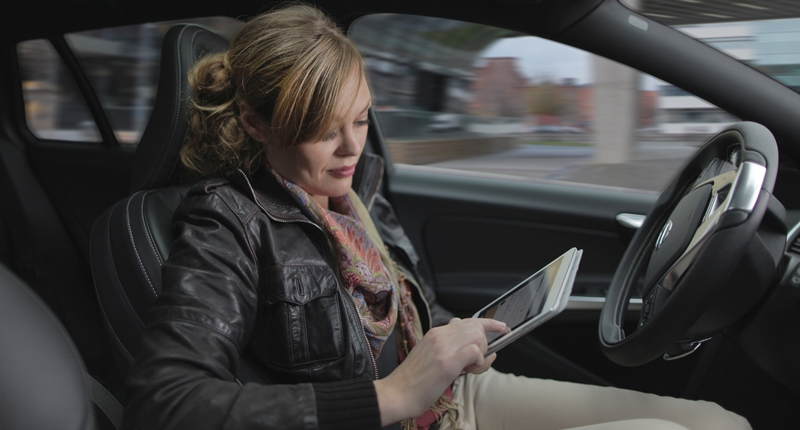OpenAI has launched GPT 5.2, a major model upgrade now available in both the API and ChatGPT. It is described as the company’s most…
We could have 250m connected cars on the road by 2020 and that’s probably a good thing

There’s plenty riding on the ability for cars to be connected and communicate with each other. Outside of the fact that’s essential for autonomous motoring, it could also save thousands of lives every year amongst more conventionally piloted vehicles. Thing is, while the idea of a connected car may still seem far off to some people, it’s a field that’s about to explode.
According to tech research house Gartner, there will be a quarter billion connected vehicles on the road by 2020, enabling new in-vehicle services and automated driving capabilities.
Those 250-million vehicles will account for around one-fifth of the total vehicles on the road by that stage.
“The connected car is already a reality, and in-vehicle wireless connectivity is rapidly expanding from luxury models and premium brands, to high-volume midmarket models,†says James F. Hines, research director at Gartner.
“The increased consumption and creation of digital content within the vehicle will drive the need for more sophisticated infotainment systems, creating opportunities for application processors, graphics accelerators, displays and human-machine interface technologies,†says Hines. “At the same time, new concepts of mobility and vehicle usage will lead to new business models and expansion of alternatives to car ownership, especially in urban environments.â€
At least one big car maker’s safety plans depend on that connectivity too. Volvo is working towards a zero-death rate in its cars by 2020.
Vehicle to vehicle connectivity is an important part of achieving that goal, but so is the ability for cars to connect with their surroundings. From one point of view then, it’s probably a good thing that the 250-million cars set to be on the road by 2020 will represent a tiny fraction of the 25-billion things set to be connected to the Internet of Things by 2020. Of course, not all of things will interact directly with cars, but connected bicycles, traffic lights and even pedestrian crossings could all make our roads safer.
Of course, that connectivity doesn’t come without risks. One particularly large issue not mentioned by Gartner is the fact that the more tech you cram into a car, the more chances there are for someone to hack it.
In fact, it’s so much of a potential problem that Tesla is actively hiring hackers to find vulnerabilities in its cars.

